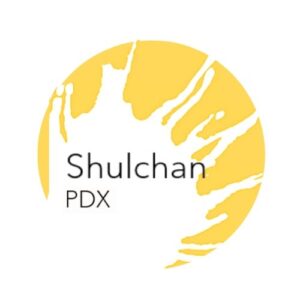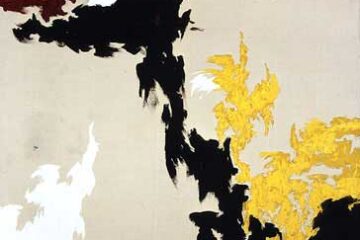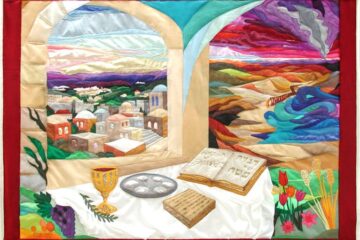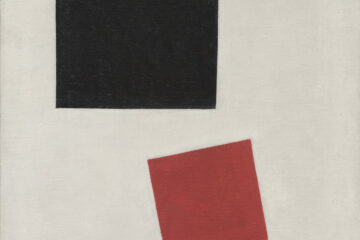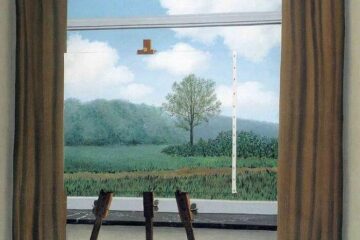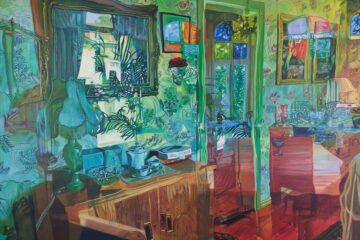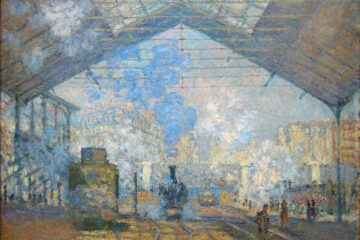Torah is a message proclaiming confidence in the capacity of every human being to take responsibility for their life and that of their community: “from the hewer of wood to the drawer of water” (Deuteronomy 29:10), from former slave to the king on the throne. That message sings forth from the very opening of Torah with the divine push out the gates of Eden to its end with the arrival at the land of promise. View the study sheet here.

It was, and remains, a revolutionary message of human freedom and responsibility. Don’t cede to others or look elsewhere for the wisdom needed to live a wholesome and fulfilling life. It resides within you.
“It is not hidden from you and it is not distant. It is not in heaven, that you should say, ‘Who can ascend heaven for us and take it for us…’ Nor is it across the sea, that you should say, ‘Who can cross the other side of the sea for us and take it for us…’ Rather the matter is very near to you. It is in your mouth and in your heart to do it.” (Deuteronomy 30:11-14)
Yet, this foundational element within Judaism of free will has been pondered and questioned from the earliest rabbis to such modern Jewish explorers of human willfulness as Sigmund Freud (psychoanalysis) and Thomas Kuhn (the sociology of knowledge). How much free will do we really have? Is willfulness really an illusion? Does our embrace of it keep hidden from us layers of urges driving our behavior?
Join us as we explore free will: a paradox? a reality?
This week’s Torah study session will be led by Cantor Mark Thompson. Live participation will be available exclusively via Zoom this week.
